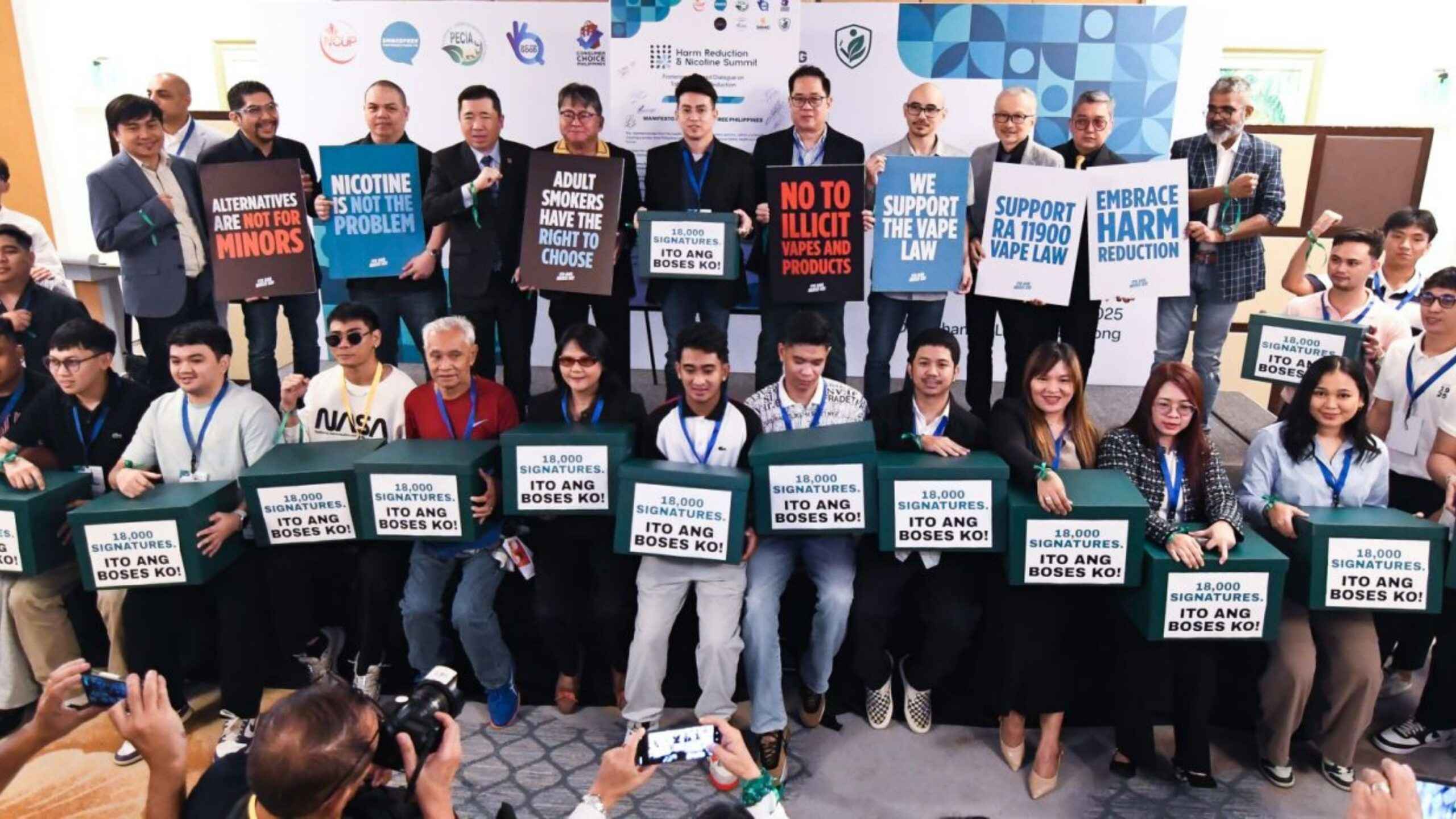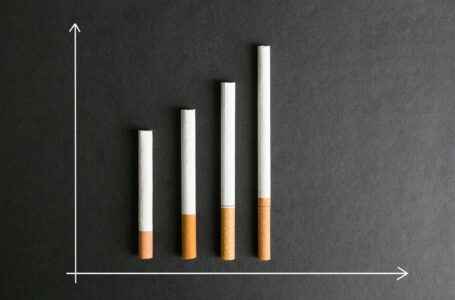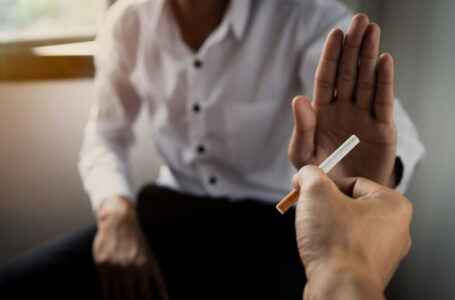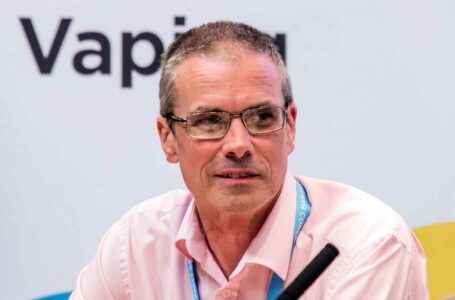Medical experts and consumer advocates come together to call for strengthened harm reduction initiatives in the country at the Harm Reduction & Nicotine Summit at EDSA Shangri-la Manila last October 15, 2025.
Health experts and consumer advocates in the Philippines called on the government to adopt tobacco harm reduction (THR) as a foundation of public health policy, warning that ignoring modern science restricts smokers from accessing safer alternatives.
The appeal was made at the Harm Reduction and Nicotine Summit on October 15, 2025, where speakers stressed that this approach—which promotes non-combustible alternatives like e-cigarettes, nicotine pouches and heated tobacco products—should be a core principle of public health efforts.
These innovative products, which do not involve combustion, are far less harmful that combustible cigarettes. Scientific studies show that it is the smoke, and not nicotine, which is responsible for heart and lung diseases associated with cigarettes.
In a joint manifesto during the summit, experts and advocacy groups urged the government to adopt and uphold science-based policies that protect public health while respecting consumer rights. They called for tax reforms, more vigorous enforcement of anti-illicit trade measures and frameworks to help smokers transition to safer alternatives.
The summit highlighted growing concerns over rising adult smoking rates, which climbed to 23.2 percent in 2023 from 18.5 percent in 2021.
The government has lost an estimated P40 billion to the illicit cigarette and vape trade between 2021 and 2024, data show. Experts said these figures underscore the need for “smarter, science-aligned regulation.”
They pointed to international data, such as Public Health England’s estimate that e-cigarettes are around 95-percent less harmful than combustible tobacco.
A study by Professor Christopher Cabuay, titled “Assessing the Impact of Shifting to Non-Combusted Alternatives to Reduce the Economic Cost of Tobacco-Related Illnesses: A Cost of Illness Approach in the Philippine Case,” projected that if half of adult Filipino smokers switched to non-combustible alternatives, the country could save $$3.4 billion annually in smoking-related healthcare costs, which is about 0.87 percent of the gross domestic product.
“The continued demonization of nicotine is not only scientifically inaccurate; it’s dangerous,” said Dr. Lorenzo Mata, president of consumer advocacy group Quit for Good.
Mata said the outdated beliefs on prohibition of cigarette alternatives put millions of nicotine-dependent Filipinos at risk by forcing them to stick with harmful cigarettes.
Surgeon and harm reduction advocate Dr. Jong Varela urged policymakers to follow Sweden’s model for achieving smoke-free status, emphasizing that science should drive policy to help smokers switch.
“The smoke-free alternatives we have today provide us a pathway to better protecting the public from the negative health impacts of tobacco while also acknowledging the reality of those dealing with nicotine addiction,” he said.

Convenors of the summit, including the Nicotine Consumers Union of the Philippines (NCUP), noted that while the Philippines’ Vape Law is progressive, more should be done to make reduced-risk products more accessible through education and better regulation.
NCUP president Anton Israel called for inclusive policymaking, hoping lawmakers “listen to real consumer experiences.”
Professor Michael Eric Castillo of CAPS & Partners warned that complex tax structures create loopholes for smuggling and push consumers toward unregulated markets instead of safer legal products.
The Harm Reduction & Nicotine Summit was hosted by the Nicotine Consumers Union of the Philippines (NCUP), together with Smokefree Conversations PH, Philippine E-Cigarette Industry Association (PECIA), Quit for Good, Consumer Choice Philippines, VaperAko, VapersPH, CAPS and Partners, and Science & Innovation Nicotine Advocacy Group (SINAG).



















